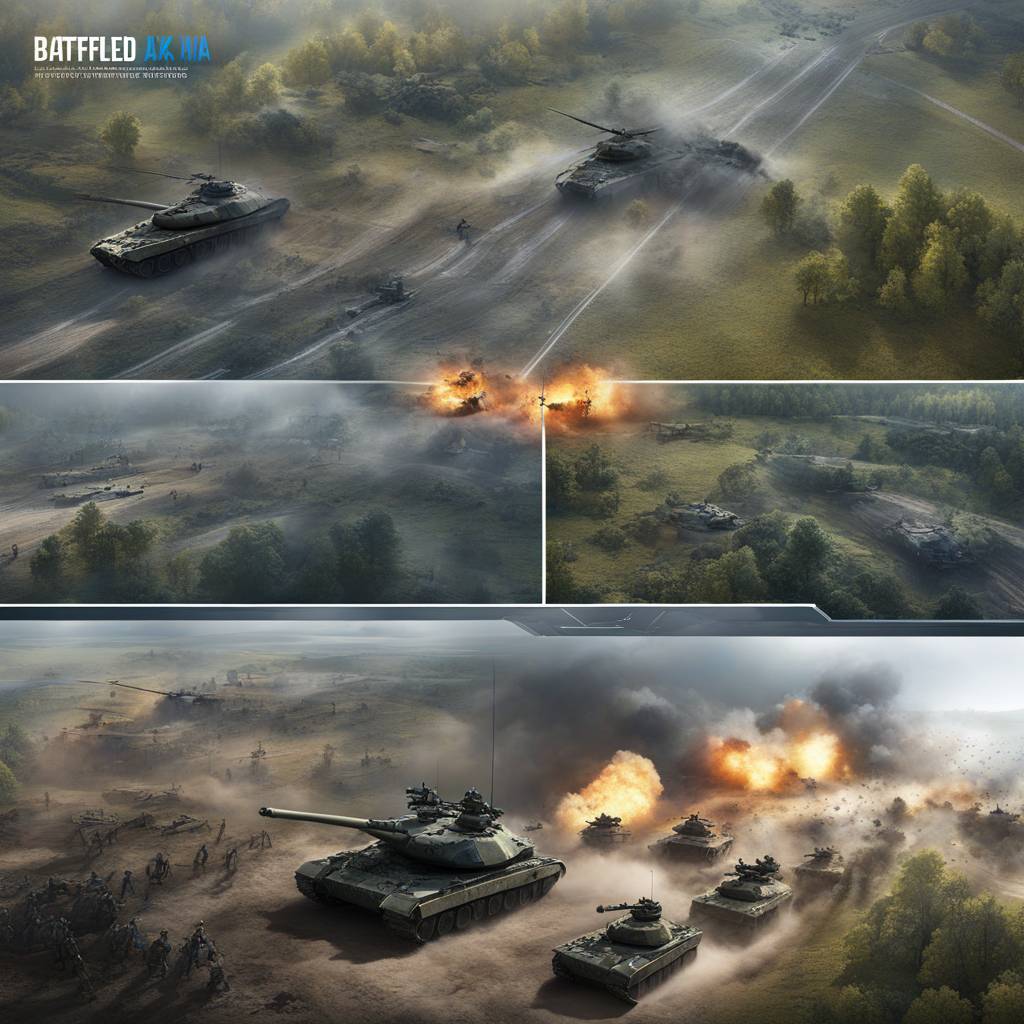In recent military conflicts, particularly seen in Ukraine, the use of drones has changed the landscape of modern warfare. Soldiers on the ground are now facing threats from AI-enabled autonomous weapons that are capable of tracking, targeting, and eliminating targets with precision. The use of drones in warfare has led to a new arms race between Russia and Ukraine, with the integration of AI technology being a key factor in gaining a tactical advantage on the battlefield. While there is still some resistance to the full implementation of AI in strike capabilities, drones are already being used for intelligence gathering and reconnaissance purposes by both sides.
The use of drones and AI technology in warfare has rendered traditional military strategies irrelevant, as the battlefield has become more complex and challenging to navigate. The ability of drones to track and target soldiers with precision has eliminated the element of tactical surprise, making it difficult for military units to maneuver and advance effectively. This shift in military doctrine has presented a significant challenge for military strategists and soldiers alike, as they struggle to adapt to the new realities of drone warfare.
The integration of AI technology into drones enables them to be pre-programmed to identify and engage specific targets without the need for human intervention. This has the potential to revolutionize the way warfare is conducted, as drones can operate autonomously and make decisions in real-time based on the information they gather on the battlefield. The use of AI in drones could also lead to a reduction in casualties among soldiers, as drones are able to perform dangerous missions with a higher degree of accuracy and efficiency.
The use of drones and AI technology in warfare has also raised concerns about the ethical implications of using autonomous weapons on the battlefield. The lack of human oversight and control over AI-enabled drones raises questions about accountability and the potential for unintended consequences. As drones become more integrated into military operations, it will be important for lawmakers and policymakers to set guidelines and regulations for their use to ensure that they are employed ethically and responsibly.
The rapid advancement of AI technology and drones in warfare has created new challenges for military forces around the world, requiring them to adapt and innovate in order to keep up with the changing landscape of modern warfare. The use of drones has fundamentally altered the way wars are fought, making traditional military doctrines obsolete and forcing military strategists to rethink their tactics and strategies. As the use of AI-enabled autonomous weapons becomes more widespread, it will be critical for military forces to develop new techniques and technologies to effectively respond to these new threats on the battlefield.













